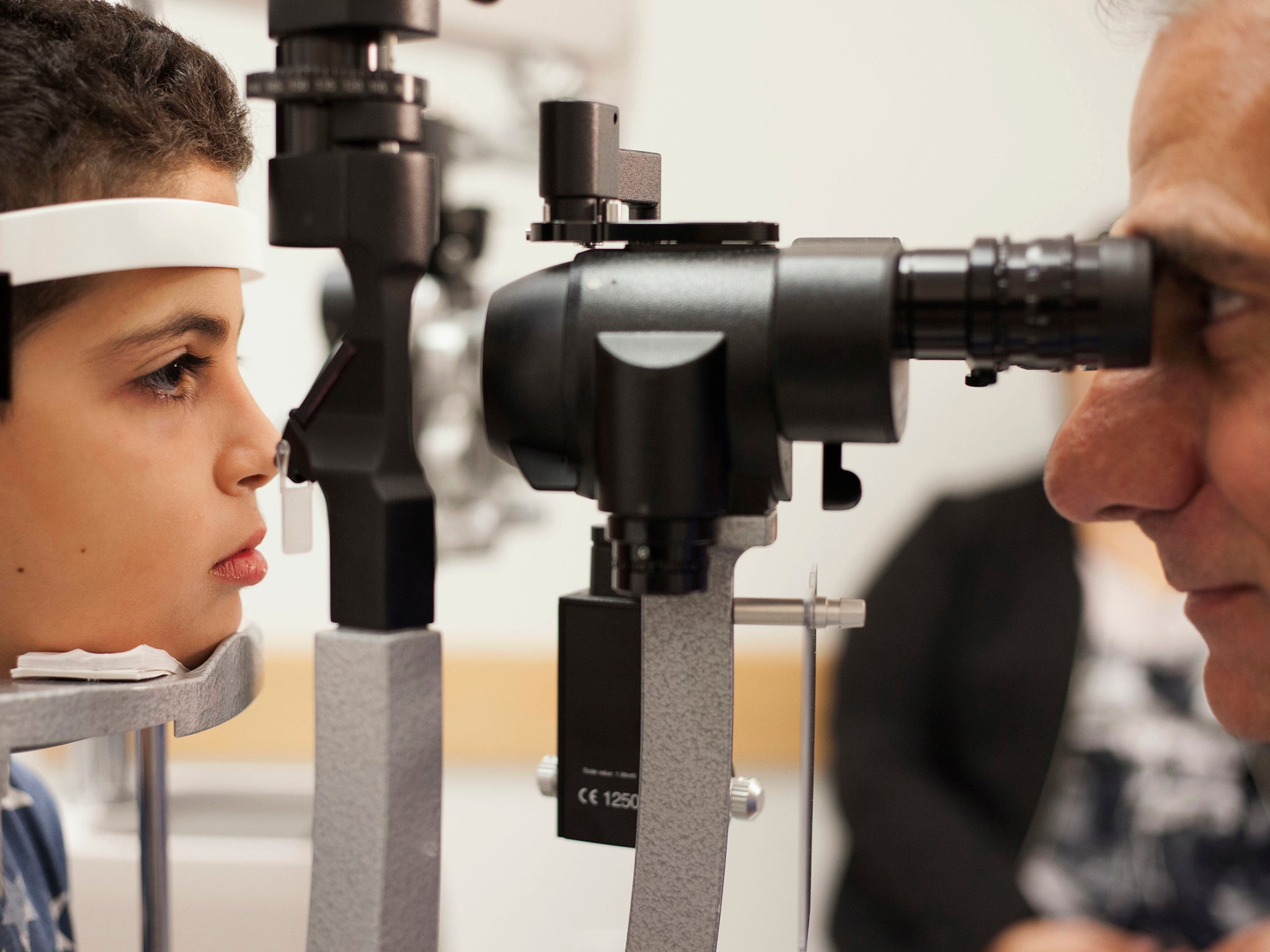US drug firm puts $425,000-per-eye price tag on gene-based blindness cure
Luxturna is the most expensive drug ever marketed

A “first-of-its-kind” cure for blindness will be available in the US for a price of $850,000, or $425,000 (£314,000) per eye - making it the most expensive drug ever marketed.
Luxturna, the first of a wave of gene therapy treatments to be approved in the US, is a one-time treatment for an inherited, blindness-causing genetic condition.
The type of retinal dystrophy Luxtarna aims to treat is relatively rare, affecting between 2,000 to 3,000 Americans, according to its manufacturer, Spark Theraputics.
But there are no existing treatments and people are born with limited vision which gradually progresses to total blindness.
It was expected to cost even more cost, and external commenters said the price was “responsible”.
“We felt that you could easily value this in excess of a million dollars”, Spark’s chief executive, Jeff Marrazzo, said at a recent event on gene therapy technologies.
This is based on the costs of a life time of care and health need, and a similar cost is covered in insurance policies for people born blind, as well as in the pay outs from the courts in negligence cases where a person loses sight in one or both eyes.
The drug is the first gene therapy to be approved by the US Food and Drug Administration.
It involves a copy of the gene that is defective in these patients being injected into the eye, this allows them to begin producing a protein essential for sight.
In clinical trials of Luxtarna, some patients with severely reduced vision showed “significant improvements” in their vision after having the treatment, an injection of the drug in each eye.
Patients reported being able to see snowflakes for the first time, and one 38-year old woman reported she was able to get her first job.
Gene therapies pose a problem for pharmaceutical companies, as one-off treatments mean patients only pay once instead of taking treatment for their entire lifetime.
One example would be Type-1 diabetes, another genetic disease that could benefit from gene therapies, where daily insulin injections are needed along with other drugs.
The recent trial success of a gene therapy for haemophilia was another landmark step in this technology's ability to significantly improve lives in the near future.
Spark are working with US health insurers on a price plan which will offer a rebate on some of the cost of treatment where it is less successful, and a patient needs more continuing care costs.
Mr Marrazzo said this was proof they believe that the one-dose treatment will be effective.
“Our work is not done, but we believe that the offerings we are announcing today will help ensure that eligible U.S. patients have the coverage and financial support they need to gain access to both Luxtarna and the specialised medical care required to deliver the product at treatment centers.”
Dr Steve Miller, chief medical officer of Express Scripts, a company which negotiates costs with insurers, told CBS: "It's wildly expensive but, to be very frank, I think they've priced it what I'll call responsibly,"
"The product is just phenomenally innovative, and we've been talking about gene therapy for over 20 years.”
Join our commenting forum
Join thought-provoking conversations, follow other Independent readers and see their replies
Comments
Bookmark popover
Removed from bookmarks